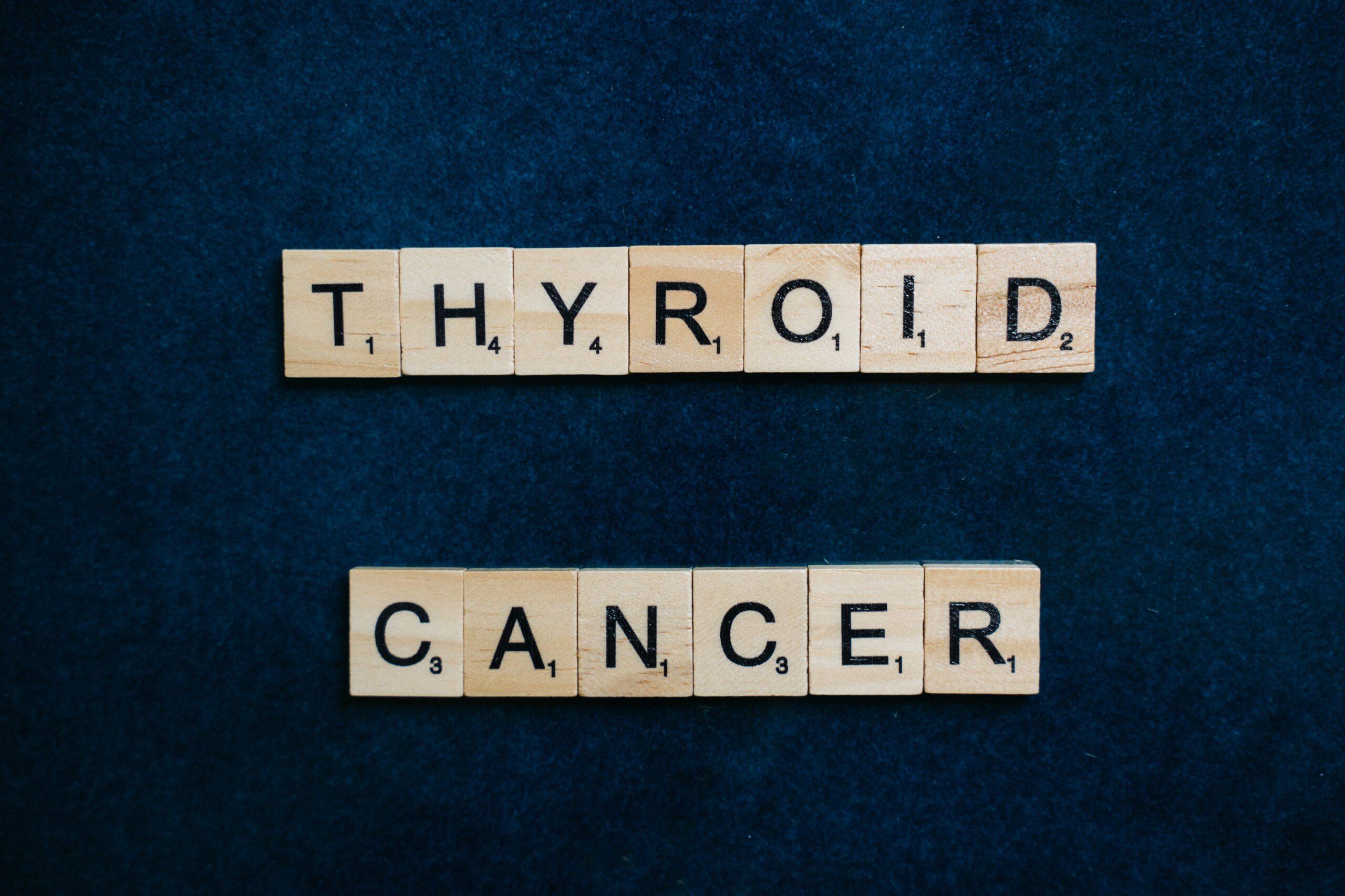What is the role of a thyroid ultrasound in diagnosing thyroid cancer?
Title: The Crucial Role of Thyroid Ultrasound in Diagnosing Thyroid Cancer
Introduction:
Thyroid cancer is a relatively common type of cancer that affects the thyroid gland, a small butterfly-shaped gland located in the front of the neck. As with any other cancer, early diagnosis is key to successful treatment and improved patient outcomes. In this blog, we will highlight the critical role of thyroid ultrasound in diagnosing thyroid cancer.
Understanding Thyroid Ultrasound:
A thyroid ultrasound, also known as thyroid sonography, is a non-invasive imaging technique that uses high-frequency sound waves to create detailed images of the thyroid gland. It is a painless and safe procedure that allows healthcare professionals to evaluate the size, shape, and structure of the thyroid gland.
Why is a Thyroid Ultrasound Performed?
1. Detection of Abnormalities:A thyroid ultrasound is often performed to detect any abnormalities in the thyroid gland. These abnormalities may include nodules or growths, which can sometimes be cancerous. The ultrasound provides valuable information about the appearance, location, and characteristics of these nodules.
2. Evaluating Nodule Characteristics:Thyroid nodules are relatively common, and most of them are benign (non-cancerous). However, a small percentage of nodules can be malignant (cancerous). A thyroid ultrasound helps evaluate the characteristics of the nodules, such as size, shape, texture, and blood flow, which are important factors in determining their benign or malignant nature.
3. Guiding Biopsy Procedures:If a suspicious nodule is detected during a thyroid ultrasound, a biopsy may be recommended to confirm the presence of cancer cells. Ultrasound-guided fine-needle aspiration biopsy (FNA) is a procedure where a thin needle is inserted into the nodule to collect cells for analysis. The use of ultrasound during the biopsy procedure ensures accurate placement of the needle and increases the chances of obtaining an adequate sample for diagnosis.
4. Monitoring Nodule Growth:In cases where nodules are found to be benign, regular monitoring is essential to ensure there are no significant changes in nodule size or characteristics. Thyroid ultrasound serves as a useful tool for monitoring nodule growth over time, helping physicians determine if any further action is required.
Conclusion:
Thyroid ultrasound plays a critical role in the detection, evaluation, and monitoring of thyroid nodules, aiding in the early diagnosis of thyroid cancer. By providing detailed information about the size, shape, and characteristics of thyroid nodules, ultrasound imaging helps healthcare professionals make informed decisions regarding further diagnostic testing or treatment options.
Remember, if you have any concerns about your thyroid health, it is important to consult with your healthcare provider. Regular check-ups and appropriate diagnostic tests, including thyroid ultrasound, can help detect any abnormalities early, leading to timely intervention and potentially better outcomes.



